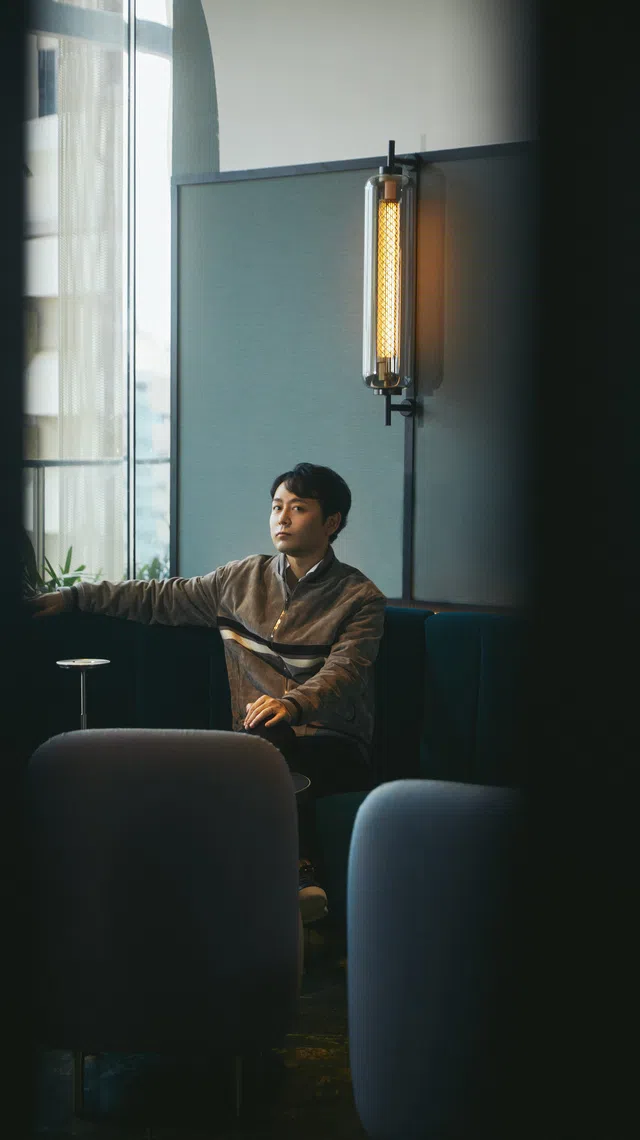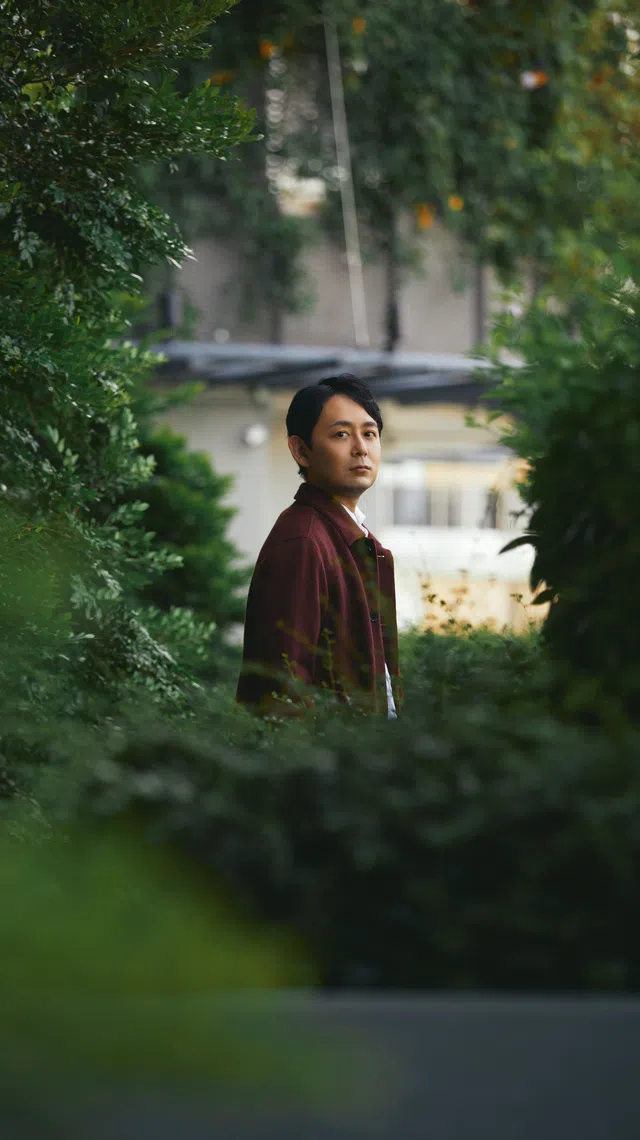Yusuke Shibata: Crafting connections through travel and tableware
Founder of Huls Gallery criss-crosses Japan in search of artisanal crafts to bring to Singapore.

THE EUREKA MOMENT CAME IN 2014. While visiting the Shussai pottery factory in Shimane Prefecture for leisure, Yusuke Shibata was struck by how Japanese craftsmanship has transcended centuries, bridging the gap between the past and the present, allowing people of today to connect with the essence of centuries-old Japanese culture.
Watching the potters work, Shibata, 42, was impressed not just by their ability to shape raw clay into vessels of astonishing grace. He was also “touched by the stories of perseverance and determination in keeping alive Japan’s history of meticulous craftsmanship.”
When Shibata returned to Singapore, a city he’s called home since moving from Tokyo in 2014, he decided to open a gallery, one that sold the finest examples of Japan’s vast spectrum of handmade craft such pottery, ceramics, lacquerware, wood objects, glassware, and stoneware.
He would manage it concurrently with his day job as managing director of Shibata Electronics, a seven-decade old family business with an office in Singapore, Tokyo, Shanghai and Hong Kong.
From wabi-sabi to yohaku
Three years after that fateful visit to Shussai, Huls Gallery was born, a minimally stylish art space in Duxton Hill, showcasing exquisite craft from Japan: “We focus on kogei, which refers to Japanese fine crafts deeply rooted in the land,” he explains.

“Kogei is more than just handcraft; each product carries profound stories. It allows us to connect with various Japanese aesthetics like wabi-sabi, yohaku, and more.”(Wabi-sabi refers to the beauty of the imperfect, incomplete and impermanent; while yohaku refers to allure of absence and emptiness.)
Navigate Asia in
a new global order
Get the insights delivered to your inbox.
Shibata named it Huls Gallery because he wanted to “contribute to ‘human life’ and ‘social life’”. And it soon found clients among top restaurants such as Zen, Esora, Labyrinth, Sushi Kimura and La Dame de Pic, all looking for exquisite tableware to serve their delectable cuisine.
Shibata now travels at least one week of the month to different locations across Japan to select the best crafts: In Wajima, for instance, he sources from artisans who’ve perfected the art of making wajima-nuri, a type of lacquerware. Lacquer a meticulous process that involves layering natural lacquer onto a base, creating a gleaming, durable finish. Japanese lacquerware often features bold colours and mesmerising patterns, adorning everything from trays and bowls to intricately carved boxes.
He also frequents Arita, whose artisans are renowned for their delicate porcelain. Each piece is meticulously handcrafted, infused with the essence of its creator. Traditional techniques of firing and glazing are passed down through generations, lending a unique character to every item.
Besides these, copperware from Takaoka, lacquerware for Echizen and ceramics from Hagi are also highly coveted objects.
Good ware, good food
The priceless perk of going to these places is that food is often exceptional. “Because the town or city is focused on creating magnificent tableware, the food in the areas is often very good. The ingredients are sourced nearby and always fresh, with authentic flavours that you won’t find anywhere else – much like the crafts themselves.
“For example, try the crabmeat in Ishikawa Prefecture, served on superlative porcelain and lacquer ware they’re known for. The experience is extraordinary.”

He always picks food indigenous to the places he visits, rather than a foreign restaurant: “Given that our gallery supplies Japanese tableware to fine dining restaurants worldwide, I am, of course, interested in local gastronomy, And you have such good local food in Singapore, Thailand, Vietnam and other countries, all at very modest prices.”
One of his all-time favourite destinations is San Sebastian in Spain. “San Sebastian is renowned for its Basque cuisine. There are a lot of Michelin-starred restaurants and a lot of food at reasonable prices. There’s a reason why people are so happy and cheerful there.”
As a frequent business traveller, Shibata makes conscious choices to support local economies, safeguard traditional customs and practices, and reduce waste by reusing water bottles and shopping bags – to help mitigate the eco-costs of his journeys.
He says: “I don’t avoid air travel altogether, because I think that physical interaction with different cultures is essential for understanding and respecting cultural diversity.... But I don’t overpack for short trips or engage in excessive shopping at travel destinations.
“The most valuable aspect of travel is engaging with people and experiencing different cultures, not just the shopping.”
Photography: Eugene Lee/Enfinite Studio Styling & directions: CK Make up: Nikki Fu Hair styling: Grego Oh, using Keune Location: Pan Pacific Orchard
Decoding Asia newsletter: your guide to navigating Asia in a new global order. Sign up here to get Decoding Asia newsletter. Delivered to your inbox. Free.
Copyright SPH Media. All rights reserved.



